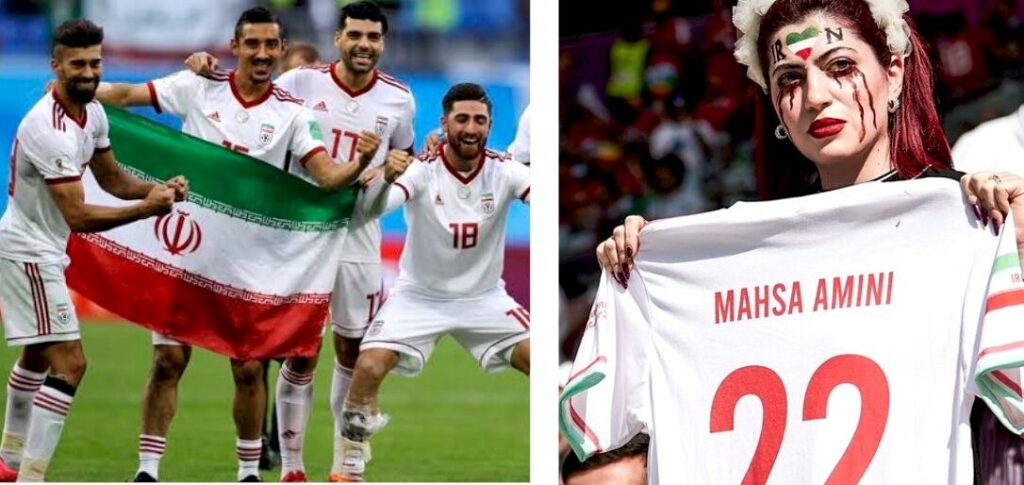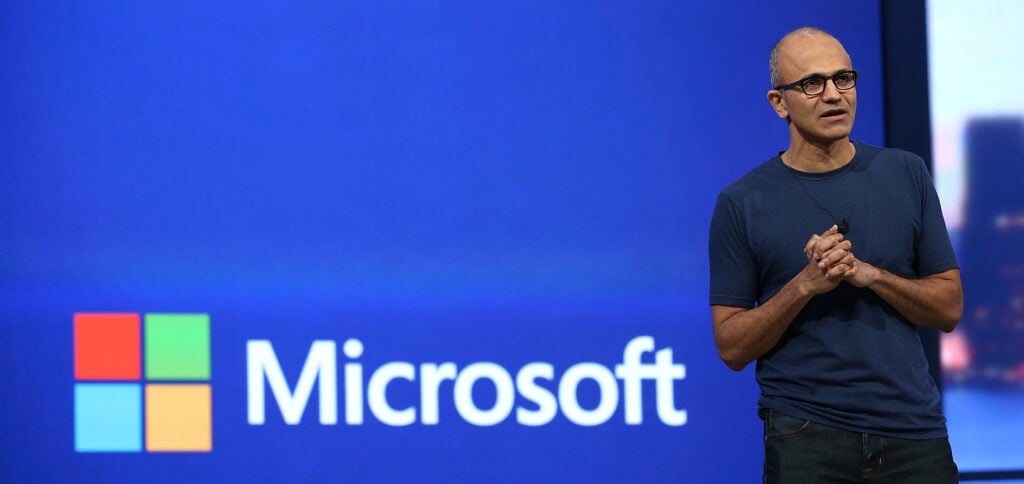Whether or not they sing the national anthem, whether they publish messages of support for the protesters or adopt a more discreet stance. Everything can be used against them, outside the country and especially inside.
ADVERTISING
The Iranian team's difficult position at the World Cup in Qatar was summarized by the coach, Portuguese Carlos Queiroz, after the 6-2 defeat against England in the first game:
“You can't even imagine what these guys have been through in the last few days, simply because they wanted to express themselves as players. No matter what they say, there will be people wanting to kill them,” she commented.
If the support on social media or at matches (not celebrating goals or not singing the anthem) was well received by the protesters, the panorama changed after the meeting between Queiroz and his troops with the ultra-conservative president Ebrahim Raïsi, shortly before the trip to Qatar.
ADVERTISING
Football or protests?
The wound that opened, in a people passionate about football and in which the national team always acted as a link between different political sensibilities, was felt against England.
Shouts of 'freedom, freedom' echoed from the stands packed with Iranian fans, who also shouted the name of former Bayern Munich player Ali Karimi, a critic of power.
The 2-0 victory over Wales in the second game, which maintained the team's chances of qualifying for the second round of the World Cup for the first time, did not cause a stir.
ADVERTISING
Before kickoff, the players half-heartedly sang the national anthem for the first time since the protests began in Iran.
The authorities were quick to celebrate the victory, once again placing the team at the center of criticism and debate. On Twitter, Supreme Leader Ali Khamenei tweeted: “The Iranian national team players made the Iranian nation happy. May God make them happy.”
After that, the government decided to release 700 prisoners in “celebration” of the victory.
ADVERTISING
If players show, even silently, support for the revolt, they risk being repressed. And, on the other hand, there are activists and people whopromethey have to fight, risking their lives in Iran and expect them to be the flag bearers (…) This is the players' dilemma. They are between a rock and a hard place. Whatever they do, they will suffer the consequences. There is a real risk to them if the situation gets even more complicated in Iran.”
Jean-Baptiste Guégan, professor and specialist in the geopolitics of sport
With AFP



